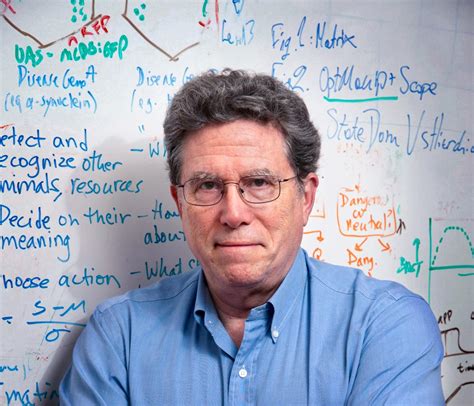A Quote by Tobias Lutke
A lot of the best technologists live and work in Canada, and every once in a while, they are aggregated by a Canadian company, and then suddenly, they're not anymore. But the people are still here - they're just working for American companies to the benefit of American bottom lines.
Related Quotes
I have an identity crisis which is not resolved because I'm a dual citizen. My whole family is American, and I was born in India but I was raised in Canada. But all my extended family is American, I've held an American passport and I've spent my whole adult life in between New York and LA. So I feel like an American... and I also feel like a Canadian! I wish more people were dual citizens and then I wouldn't feel like such a freak.
There's something I have about being Canadian - there's a distance it gives you when you live in the States and operate in American culture. You approach familiar things a different way; you come at it from a different angle. It's a trait that runs through a lot Canadian artists' work and actors' work and musicians' - that kind of special remove.
I think we have a little added appreciation for the Canadian fans, maybe because there's a lot of Canadians that want a Canadian band that seems to tour a lot more in the U.S. that are like, "Whatever. You guys don't care about us. You just turned your back." Our fans, the people that we hang with in Canada when we play, seem to be super-supportive still. We have a lot of love for that.
Indeed, often because of the size and weight in the world of our neighbor, we in Canada often define ourselves in contrast to American positions on things like Cuba, the Vietnam War and nuclear disarmament. Historically, Canada has not always been aligned with the United States. It doesn't necessarily serve anyone's interests - Canadian or American - to be seen as an extension of the United States.
It is true that the top quintile is getting richer while the bottom is getting poorer, but the bottom is not the same people. There is, fortunately, a constant churning at the bottom as new immigrants move in and those who used to be on the bottom begin their long, thrilling upward climb to the American dream.
Nearly every taping or audition has to be in an American accent, so you don't have a choice; you just have to get good at it. I'm sure you can appreciate accents - it's like learning any skill, you have to work at it and work at it and it takes an awful lot of time, until it's muscle memory and you don't have to think about it anymore.
Saving Italy is an astonishing account of a little known American effort to save Italy’s vast store of priceless monuments and art during World War II. While American warriors were fighting the length of the country, other Americans were courageously working alongside to preserve the irreplaceable best of Italy’s culture. Read it and be proud of those who were on their own front lines of a cruel war.
I think when you have so many people working for American-based think tanks and American-based defense companies, there is always going to be a bent towards proposing American-led solutions for foreign problems. People get paid big money in Washington to come up with ways that America can fix problems overseas, and they are not always right.
There are two things I enjoy most about my work. First, I get to work with interesting and enthusiastic people who are also fired up about science. Second, every once in a while I have moments in which I suddenly understand the solution to a problem that I've been working on - those are great moments.

































